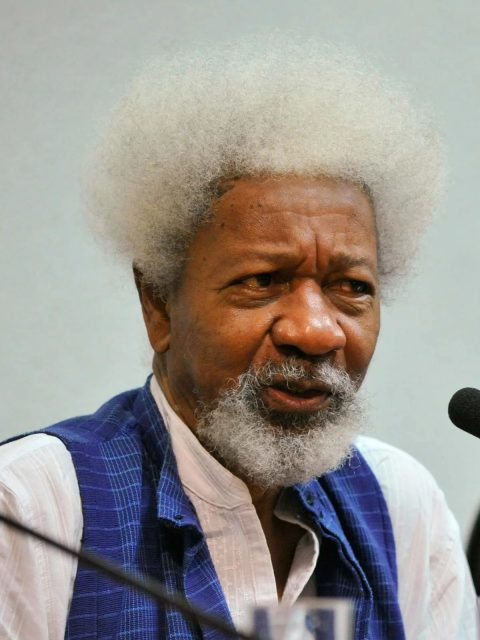The government of any state can be divided into three major arms, namely the Legislature, the Executive, and the Judiciary. These three arms function independently of each other but work together to ensure that the government operates effectively and in the best interest of the citizens. In this class note, we will discuss the structure, functions, powers, and relationships of each arm of the government.
Read other government keypoints here
A. The Legislature:
The Legislature is responsible for making laws and ensuring that they are properly implemented. It is made up of two main types: Unicameral and Bicameral. The unicameral legislature has only one chamber, while the Bicameral legislature has two chambers. In Nigeria, we operate a Bicameral legislature, which is made up of the Senate and the House of Representatives. The Legislature has the power to impeach the President, Governor, and other high-ranking officials.
B. The Executive:
The Executive arm of the government is responsible for enforcing laws and policies made by the Legislature. It is made up of the President, Governor, and other high-ranking officials who are appointed by the President or Governor. The Executive has the power to veto bills passed by the Legislature and to propose new policies and programs.
C. The Judiciary:
The Judiciary is responsible for interpreting and enforcing the law. It is made up of different components, including the Supreme Court, Court of Appeal, Federal High Court, and State High Court. The Judiciary has the power to declare any law passed by the Legislature or any action taken by the Executive as unconstitutional.
Read other government keypoints here
D. Relationship between the Arms of Government:
The relationship between the arms of government is crucial for the smooth operation of the government. The Legislature makes laws, the Executive implements them, and the Judiciary interprets them. The Executive can veto any bill passed by the Legislature, and the Legislature can override the veto. The Judiciary can declare any law or action taken by the Executive as unconstitutional.
Objectives:
i. Identify the duties and obligations of the various arms of government and their agencies:
The Legislature is responsible for making laws, the Executive enforces laws, and the Judiciary interprets laws. All three arms work together to ensure that the government operates effectively and in the best interest of the citizens.
ii. Relate each arm to its functions:
The Legislature makes laws, the Executive enforces laws, and the Judiciary interprets laws. Each arm performs its specific functions, but they work together to achieve the overall goal of good governance.
iii. Appreciate how these arms interrelate:
The arms of the government work together to ensure the smooth operation of the government. The Legislature makes laws, the Executive implements them, and the Judiciary interprets them. Without the interrelation between these arms, the government cannot function effectively.








